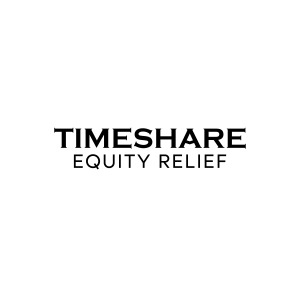Legal Terms
Transferring Title: The legal document used for conveying real property is either a Quitclaim or Warranty deed.
Quitclaim Deed: This deed transfers the grantor’s interest or title without a warranty or guarantee of clear title.
Warranty Deed: This deed assures the buyer that the seller has good, clear, and marketable title, free of judgments, tax liens, or assessment liens.
The Grantor & The Grantee: The Grantor conveys the property, and the Grantee receives it. Once the Grantor executes a deed, recorded in the property’s county, the transfer is complete.
Amenities: Features adding value to the property, like swimming pools, tennis courts, golf, or boating facilities.
Check-in Date: The assigned start date for the interval week, usually on Friday, Saturday, or Sunday.
Check-in Time: The designated hour when the interval week begins, though late check-ins don’t extend the week.
Closing: The final step in a real estate transaction, signifying mutual acceptance of financial and legal matters.
Closing Cost: Costs associated with the closing process.
Community Property: Ownership available to married couples in specific states, where both spouses have equal rights during marriage.
Deed: A legal document certifying ownership.
Disclosure Statement: Details of the purchase, breaking down costs and fund distribution at closing.
Escrow: A secure account holding funds related to property purchase/sale closing.
Exchange: Trading an interval week at one resort for another or exchanging a specific week within the same resort.
Exchange Company: An organization facilitating the exchange of interval weeks among members.
Fee Simple: Owning land without conditions, limits, or restrictions.
Fixed Unit: Owning a specific unit at a resort for each vacation.
Fixed Week: Purchasing a property with a specific week on the interval calendar each year.
Floating Unit: Owners of a floating unit may not stay in the same unit each year.
Floating Weeks: Timeshare weeks purchased varying from year to year.
Grantor: One conveying possession or title by deed.
Grantee: One receiving possession or title by deed.
Interval: An assigned time period based on a fifty-two-week calendar.
Interval Ownership/Timesharing: Buying or leasing a specific time period in a selected condominium.
Joint Tenancy: Ownership with the right of survivorship, passing automatically to surviving tenants.
Lease: An alternative to ownership where the developer retains property ownership.
Legal Description: A property location description based on surveys or recorded maps.
Lockout Unit: A unit that can be divided into two separate sections.
Maintenance Fee: An annual fee covering resort ground maintenance, unit upkeep, and management fees.
Maximum Occupancy: The maximum number of persons an interval unit accommodates.
Notary: A public officer certifying documents.
Quitclaim Deed: A deed transferring the grantor’s interest without warranty.
Red, White, or Blue Week: Denotes peak times at resorts based on season.
Right of First Refusal (ROFR): The legal right of a resort to buy back a timeshare property before it’s sold to an outside source.
Right To Use: Ownership where actual ownership reverts back to the developer after a specified time.
Sole and Separate Property: Holding title with no other claimed interest, often used by married couples.
Tenancy-in-Common: Standard ownership for unrelated buyers, with equal shares and no survivorship.
Title Insurance: A document guaranteeing property is free and clear of others’ claims.
Warranty Deed: A deed guaranteeing title from seller to buyer.
